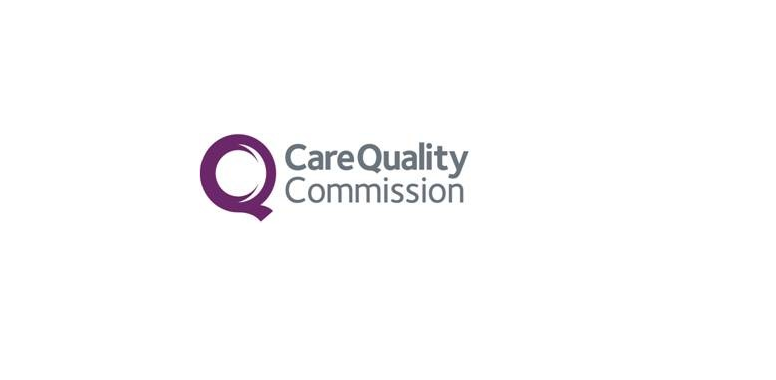The Care Quality Commission (CQC) has ordered a Bromsgrove hospital caring for people with learning disability and autism to make improvements to ensure patient safety after rating it inadequate.
The CQC carried out an unannounced inspection of Cygnet Wast Hills in Bromsgrove in May, after receiving concerns from commissioners about patients being at risk of injury, poor communication and a lack of activities.
Following the inspection, the CQC told the provider to submit
The inspection dropped the overall rating for Cygnet Wast Hills from good to inadequate and required an action plan within 24 hours to address the concerns found.
It is rated good for being caring and responsive but requires improvement for being effective and inadequate for being safe and well-led.
Areas of concern
Areas of concern highlighted by inspectors included incomplete or missing records, patients continuing to self harm despite having undergone risk assessments, issues with managing patient safety incidents, a lack of awareness among staff about policies and procedures, and ineffective governance procedures.
However, inspectors also found staff to be knowledgeable about patient needs, that they worked well together, treated patients with dignity and privacy, that they had the skills to develop and implement support and recovery-oriented plans and were able to raise concerns without fear of retribution.
Cygnet Wast Hills was also found to have promoted equality and diversity in its daily work and provided opportunities for career progression.
Self harm concerns
Deborah Ivanova, deputy chief inspector for people with a learning disability and autistic people at the CQC, said: “When we inspected Cygnet Wast Hills, we were not assured all reasonable steps were being taken to protect people from avoidable harm.
“Staff didn’t take the time to interact with patients during observation periods and we saw one patient sat alone in their room with the door closed.
“We were concerned that three patients had harmed themselves on more than one occasion while on high level observation, when staff should have been watching them closely.
“One person had been able to bang their head repeatedly in the bathroom for example and although staff increased their observations, care records showed this had already been recorded as happening three times previously, so staff weren’t learning how to intervene early and prevent this happening.
“These incidents weren’t always recorded either, which increased the chances of them reoccurring.”
She noted there was a lack of meaningful activities for patients with many just watching TV and lying on the sofa, but managers had recognised this needed to change and were working on a project to improve this so patients could enjoy activities and live more fulfilling lives at the service.
“We will continue to closely monitor the service and will return shortly to check on progress,” she added.
Disappointment at overall rating
A spokesperson for Cygnet Wast Hills expressed disappointment at the CQC’s overall rating, but said the hospital was pleased the CQC rated its service as good for being caring and responsive to people’s needs.
“Since the inspection in May, the necessary actions to address the CQC’s concerns have either been completed or are well advanced, we have monthly assurance meetings with the CQC which are going well and commissioners who have visited the service have been positive about environmental improvements, communication and patient activities,” the hospital said.
“Our priority is the safety and wellbeing of our service users. Although we recognise the concerns raised by the CQC, and take them seriously, we are reassured that our service users said they felt safe and happy and that our staff treated them with compassion and kindness and were available to help them when they needed them.
“We have strengthened local management arrangements, introduced a liaison officer to ensure communication between the service, families and commissioners is effective and made significant environmental improvements to better meet patient needs.”
It added that a new occupational therapy input was in place and the activity programme has been revised and developed in collaboration with patients, families and community teams.
“As the report acknowledges, all patients have holistic, recovery-oriented care plans that are informed by comprehensive assessments, and they have access to a range of care and treatment interventions consistent with national guidance on best practice,” it continued.
“This included the development of everyday living skills and self-care, which are aimed at helping people move out of hospital and into appropriate community settings.
“We hope to be able to demonstrate the improvements we have made at the next inspection.”
